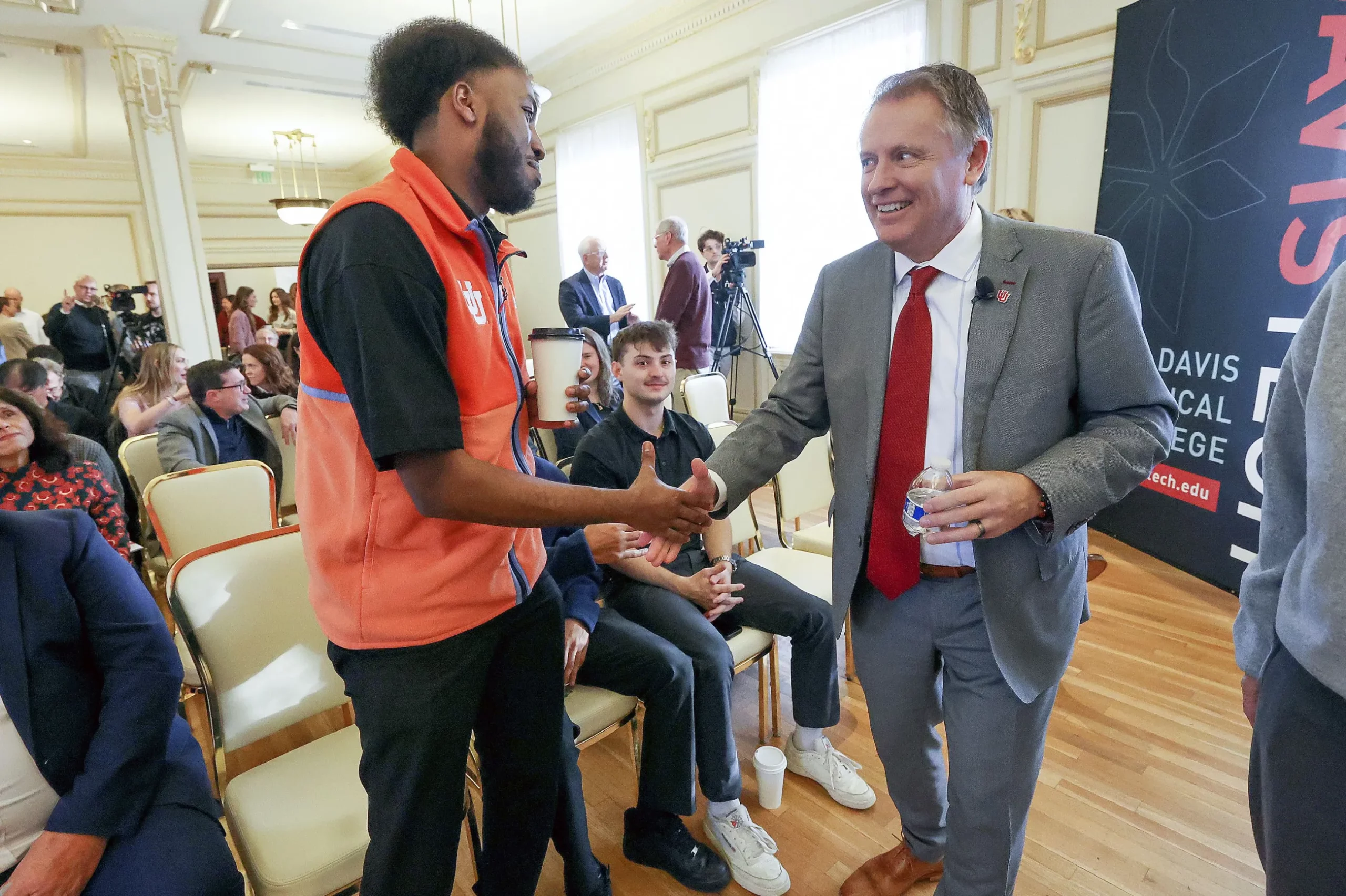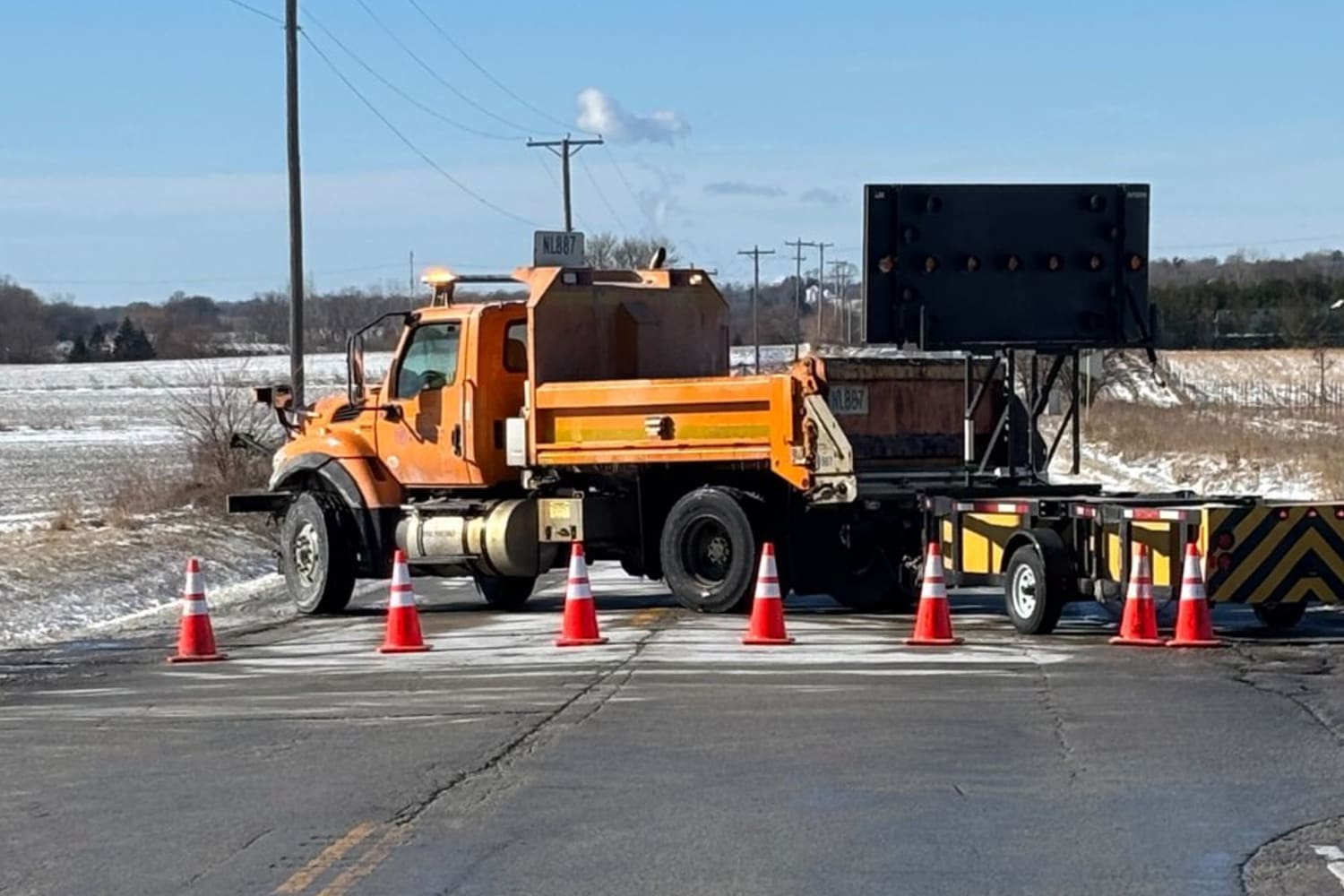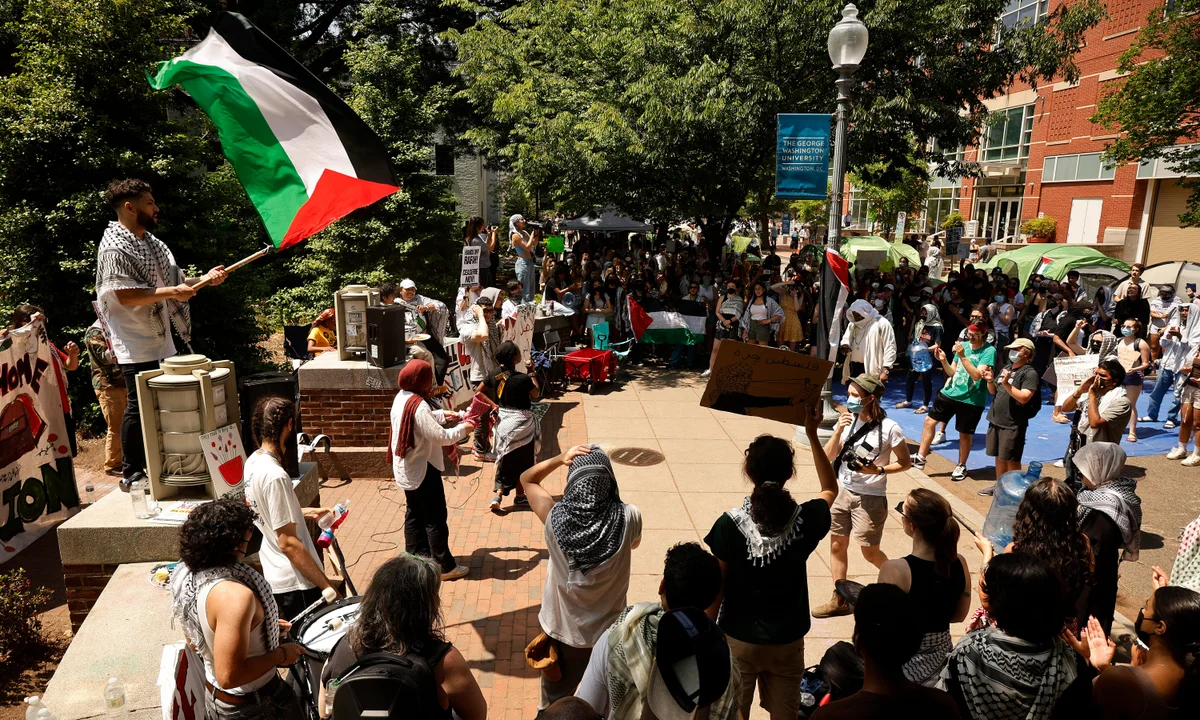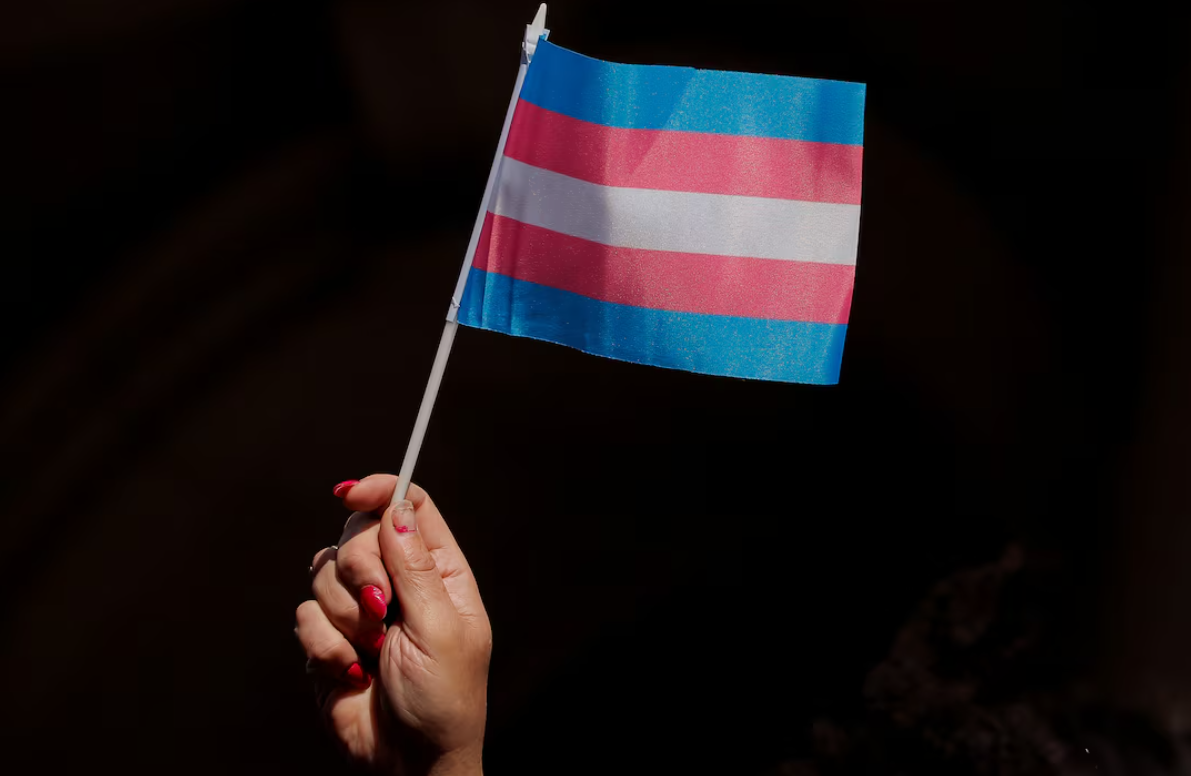Utah’s public colleges and universities contributes $11.3 billion to the state’s economy, the lion share from the University of Utah and Utah State University.
Findings of a new report on the value of higher education in Utah confirmed what presidents of Utah’s public colleges and universities frequently evangelize.
Higher education translates into higher lifetime earnings and better health outcomes; societal benefits such as higher rates of voter participation and voluntarism; and economic boons such as job creation, workforce development and innovation.
“The economic data make clear that Utahns who secure higher education degrees earn more income, secure greater employment opportunities, achieve greater upward mobility, participate less in public assistance programs and garner a variety of other positive individual and societal benefits,” the new Kem C. Gardner Policy Institute policy brief states.
It continues, “Utah’s degree-granting institutions also train Utah’s workforce, generate significant economic contributions as major employers in the communities they serve and create new discoveries that improve life quality.”
“What I’ve always loved about higher education is it has this remarkable transformational power in individuals,” said University of Utah President Taylor Randall, during a recent Newsmaker Breakfast hosted by the U.’s Kem C. Gardner Policy Institute.
“It frankly starts with ideas. It starts with ideas in the minds in the hands of the next generation. You give them ideas and you give them confidence, and suddenly the trade-offs in society aren’t seen as trade-offs. Suddenly we see hope for the future and that is for me fundamentally what motivates me in terms of higher education,” he said.
The Gardner Institute estimates Utah higher education’s direct contributions to the state’s economy total $10.5 billion of a total $22.1 billion in total output.
Moreover, public higher education contributes $11.3 billion in GDP to the state’s economy. Utah’s R1 research universities, the U. and USU, generate 82.6% of this economic impact.
According to the Gardner Institute policy brief, Utah’s public higher education system supported an estimated 130,000 jobs in 2023, making it one of the largest employers in the state.
Utah State University President Elizabeth Cantwell said along with universities being significant economic drivers, USU has the trust of the communities it serves, not only as a major employer but for educating the workforce for local companies.
“Also, genuinely creating individuals who have ideas that start up or create new endeavors … is so much more important in a rural area than it is in an urban area. It is absolutely critical that we keep doing that,” Cantwell said.
Darin Brush, president of Davis Technical College, said Utah’s eight public technical colleges “exist in this really fascinating nexus between workforce development and economic development. That is each one of our missions. So we all teach skills that are in demand, skills that are emerging. We only teach regionally important programs.”
Not only are technical colleges making meaningful contributions to the state’s economy, they are building students’ skills and self confidence. That translates into high retention and completion rates.
“A student sees their success and they’re hungry to have more success. That travels with them through completion of the program and into the workplace,” he said. Some take the next step and enroll in a degree-granting college or university.
Last year some 300 Davis Tech alumni have gone on to earn degrees at Weber State University.
“My suspicion is that a lot of those students wouldn’t have had the confidence to go to Weber State had they first got into Davis Tech,” Brush said.
Even as the benefits of higher education are well documented, Utah’s public colleges and universities are navigating a national narrative that questions the value of a college education, challenges the effectiveness of diversity, equity and inclusion (DEI) offices and initiatives and takes issue with what students are taught.
Earlier in its ongoing general session, the Utah Legislature passed HB261, which diluted DEI programs in public schools and colleges.
The law requires student support services to be open to all students. It prohibits any program, office or initiative that has DEI in its name or “asserts that meritocracy is inherently racist or sexist.”
Utah’s public colleges and universities are working to implement the new law, which goes into effect on July 1.
Weber State University President Brad Mortensen said the university, which was founded 135 years ago as a Stake Academy by The Church of Jesus Christ of Latter-day Saints, has long strived to “be open to men and women and people of all nationalities, all religious denominations, and to be affordable so everyone, so even the poorest in the land can attend.”
In 1933, Weber Stake Academy was transferred to the state, becoming a public college — Weber College — and later, a public university.
“So two owners, six names later, we’re still charged with doing that even with the changes that the Legislature is talking about,” he said.
As a public university funded by appropriations from the Utah Legislature, “we abide by the laws that they pass. But we will also always figure out a way to make sure that that same creed that was developed at Weber State 135 years ago is still open so that we can serve all of our students, regardless of their race, ethnicity, background, first-generation status, income status, any of that,” Mortensen said.




